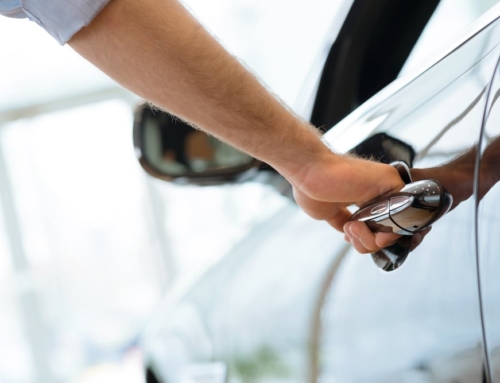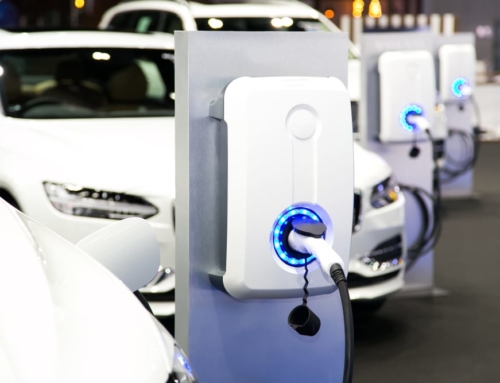One of the problems with buying a used car is that it has been driven before, so you have no idea whether or not you will be surprised with a costly repair bill. If you have a tight household budget and are concerned about the expenses related to repairing a used car, an extended warranty might be right for you—as long as you’re careful about how you choose your coverage.
What is an extended warranty?
Most new cars come with a warranty from the manufacturer that guarantees certain repairs within a particular time period or for as long as the car is below certain mileage. The warranty is priced into the car, and it applies when the car breaks down before it should.
But if you buy a used car, it might be old enough that the manufacturer’s warranty has already expired—or it might be set to expire in the next year or two. If that is the case, your repair costs won’t be covered if something breaks down on your car.
An extended warranty can help with that by stretching out the coverage period for your car. It’s important to note that technically an extended warranty isn’t a true warranty. It’s more accurately a service contract for which you pay a sum of money to cover certain repairs.
One option you have is to buy an extended warranty from a car dealer. In these cases, it is usually possible to finance the purchase of the service contract along with your car loan. This will add to the cost of the car, and you will have to pay interest on the amount, which will make the warranty pricier.
It’s also possible to purchase an extended warranty from a third-party company. However, some of the companies offering this type of warranty are little more than fronts for scams, so check with the Better Business Bureau and do some research before making any payments.
What does an extended warranty cover?
Every service contract is different, so read the fine print and consider what you most want covered. Most of the time, your car will be covered for mechanical and electrical problems. You will pay a deductible, but the warranty issuer will pick up the rest of the cost for the repair.
It’s important to understand that most extended warranties don’t cover repairs made due to an accident or deliberate or reckless behavior. Additionally, some extended warranties don’t cover normal wear and tear problems, and you might not be covered for the cost of diagnosing the problem. So, if the diagnostic tests cost $200, the resulting repair is $100, and you have a $50 deductible, you could be on the hook for as much as $250 while the warranty company will pay out $50.
Pros and cons of an extended warranty
Whether it makes sense to get an extended warranty on a used car depends on your specific situation and what you can expect from the car. If you are concerned about the need for repairs, an extended warranty can provide peace of mind, and it can protect you if you are worried about potential repair costs.
On the other hand, an extended warranty can be expensive, and it may not cover all repairs. Check for exclusions in coverage. If the exclusions are such that you will still have to pay a significant amount out of pocket, you might be better off without the extended warranty. In fact, in many cases, it makes sense to set aside money in a high-yield bank account designated as your “car repair fund” rather than pay money for an extended warranty.
Be realistic about your situation. If you have a fairly reliable car and you can set aside money for emergency car repairs, there is no reason to get the extended warranty. But if you know that you will worry about breakdowns unless you have some peace of mind about being able to afford the repairs, getting a warranty might not be such a bad idea.
Miranda Marquit is a freelance writer and professional blogger specializing in personal finance, family finance and business topics. She writes for several online and offline publications. Miranda is the co-author of Community 101: How to Grow an Online Community, and the writer behind PlantingMoneySeeds.com.





